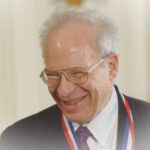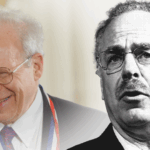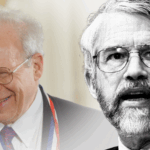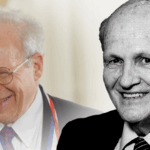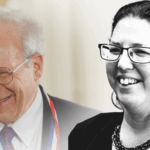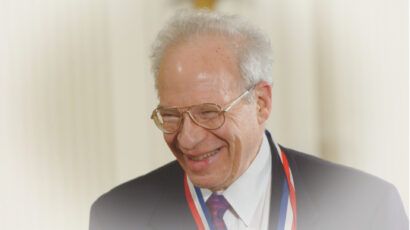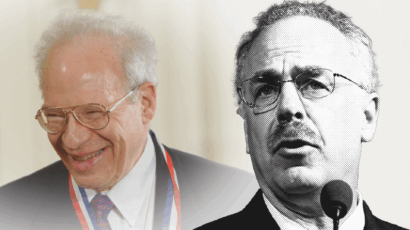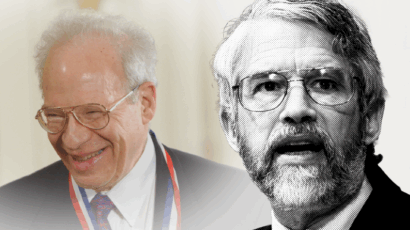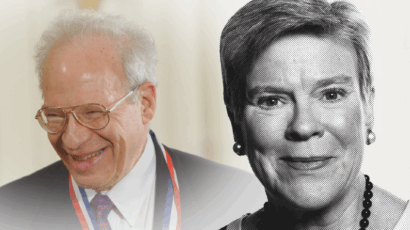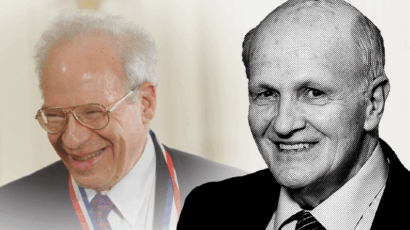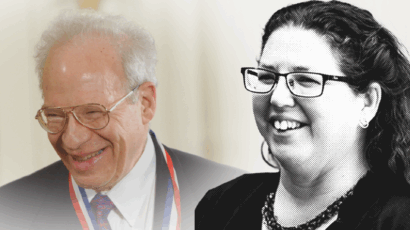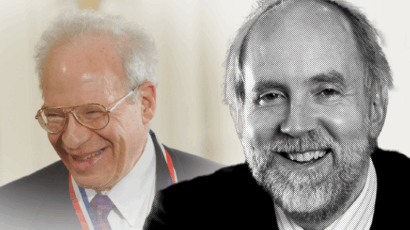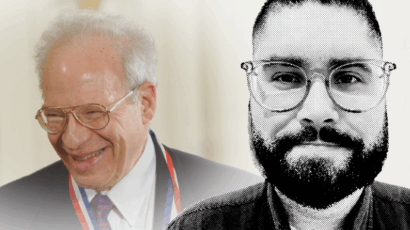The coming US-Saudi nuclear deal: Keep it honest
By Henry Sokolski, Sharon Squassoni | January 5, 2024
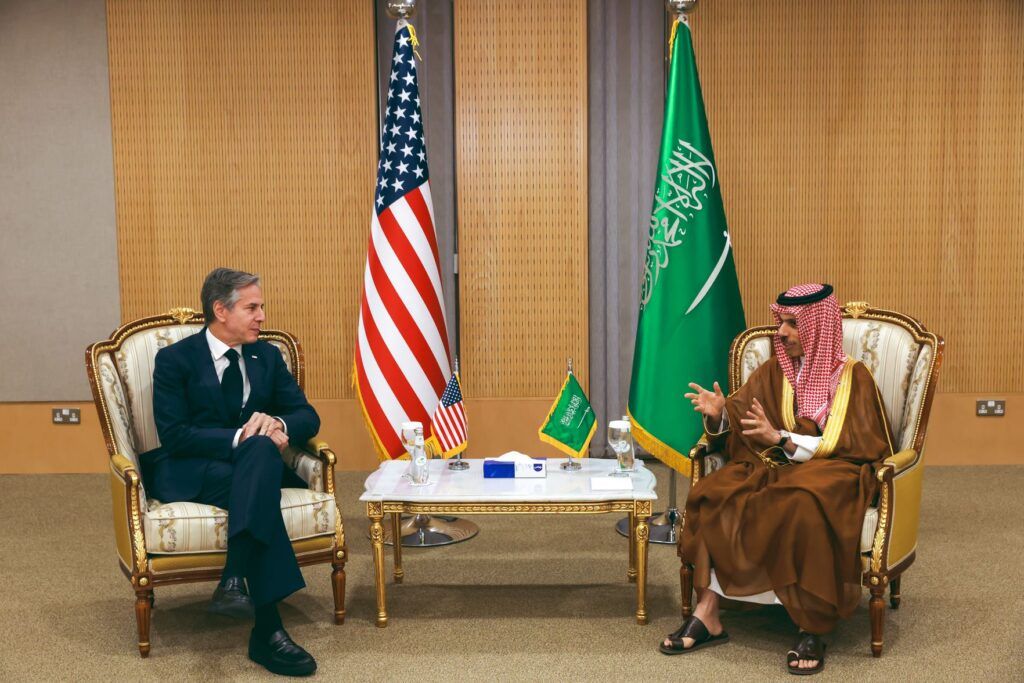 US State Secretary Antony J. Blinken meets with Saudi Foreign Minister Faisal bin Farhan in Riyadh, Saudi Arabia on June 7, 2023. Despite Blinken’s visit, differences remain over Saudi Arabia's ambitions to develop its own civilian nuclear power industry and Washington seeing it as a potential proliferation risk. (Photo by Hisham Mousa / US State Department, via Flickr)
US State Secretary Antony J. Blinken meets with Saudi Foreign Minister Faisal bin Farhan in Riyadh, Saudi Arabia on June 7, 2023. Despite Blinken’s visit, differences remain over Saudi Arabia's ambitions to develop its own civilian nuclear power industry and Washington seeing it as a potential proliferation risk. (Photo by Hisham Mousa / US State Department, via Flickr)
With the daily parade of Gaza calamities, American, Saudi, and Israeli officials have quietly shelved normalizing Israeli-Saudi relations. But a Saudi-bankrolled “peace” deal and a generous US civilian nuclear agreement to get Riyadh to recognize Israel is really just a matter of time. For those within the Beltway, the deal is too audacious to let die.
The real problem is the nuclear bit, which raises the curtain on a Saudi bomb and a future nuclear food fight in the Middle East. Saudi Crown Prince Mohammed bin Salman wants Washington to green-light Saudi efforts to enrich uranium, which could bring the Kingdom within weeks of acquiring a bomb—just as enrichment capabilities already did for Iran. The Saudi crown prince, known as MBS, has been brutally frank: He will not hesitate to dump the Nuclear Nonproliferation Treaty (NPT) if he thinks Iran is building bombs. Of course, whatever Washington allows MBS to do with his nuclear program will prompt other Middle Eastern states Washington has nuclear cooperation agreements with—the United Arab Emirates, Turkey, and Egypt—to demand the same, creating not one, but potentially many nuclear weapons-ready states.
Ever eager to close a deal with Riyadh, nuclear enthusiasts will be quick to note that any cooperation would be safeguarded by the International Atomic Energy Agency (IAEA). Nuclear enthusiasts further suggest that Saudi uranium enrichment could be conducted under the watchful eyes not just of the IAEA but of Americans, and that key portions of the plant might be “black boxed” to keep the Saudis from diverting any sensitive technology. Others have suggested introducing remote shutdown mechanisms for the plant.
Cast in the context of a “breakthrough” Middle East peace package, Congress and the press will celebrate. Pro-Trump, pro-nuclear Republicans and pro-Israeli, net-zero carbon emissions Democrats will join in a bipartisan moment. The deal will be sealed.
What could go wrong? If Iran is MBS’s nuclear role model, plenty. The Islamic Republic exploited its “peaceful,” IAEA-safeguarded power reactor at Bushehr as a procurement front for illicitly acquiring bomb-making goods. By the time US and other Western intelligence agencies tracked this trade, it was too late to block. The Saudis understand this. The bottom line is clear: Even if Washington restricts its civilian nuclear cooperation with Riyadh to building IAEA-safeguarded light-water power reactors, the deal could literally bomb.
Wouldn’t our intelligence on ally Saudi Arabia be better than it has been on Iran? Perhaps, but so far, it’s been pretty awful. In 1988, the Central Intelligence Agency did discover that Riyadh bought SS-2 medium-range missiles from China but only after the deal was sealed. In 2003, when China exported DF-21 ballistic missiles to the Kingdom, the CIA again found out and was even allowed to verify the missiles were not nuclear-capable, but only after the missiles were delivered.
Several years later, when intelligence finally leaked out that China secretly built missile factories for the Saudis, the Trump administration was mum on whether there was an intelligence failure and allowed speculation that it had blessed the transaction. Then, in 2020, when US intelligence confirmed China was helping the Kingdom mill uranium domestically, it did so, again only after the mining and milling were well underway.
This track record of studied inadvertence, then, brings us to the next worry: MBS wants Washington to green-light the Kingdom enriching uranium, even though this IAEA-“safeguarded” activity is precisely what has brought Tehran to the brink of having several nuclear bombs. Will monitoring this process be enough? By the time anything suspicious gets detected, it’s too late to block the last few steps needed to make bombs. The tough part of the process—acquiring enough fissile material for a bomb—will be over. Weaponization is both faster and easier to conceal. Black-boxing key portions of this activity and employing American enrichment operators and observers would not change this calculation. On Saudi soil, foreign operators can be forced to leave. This is precisely what the Kingdom did in the 1970s when it expelled foreign oil companies.
What can be done? First, a normalization deal may be greased with US security inducements, but any nuclear carrots should be hived off from the package and treated like any other trade agreement: with a required Congressional majority approval. Currently, the Atomic Energy Act only requires the White House to announce nuclear agreements and wait 90 legislative days for them to come into force. This is a formula for congressional inattention. Instead, Congress should amend the Atomic Energy Act to require both houses to approve nuclear deals with countries that want to enrich uranium or separate out plutonium from spent fuel or that publicly announce their willingness to violate the NPT. This would cover Saudi Arabia but also other worrisome future cases.
Second, Congress should require the intelligence community to certify that it can reliably detect a potential nuclear military diversion early enough for authorities outside the Kingdom to intervene and prevent the construction of a bomb. In the nuclear field, this is called “timely warning.” The intelligence community should explain publicly how such warning can be achieved and what actions would prevent Saudi Arabia from acquiring a bomb.
These efforts may seem to be a lot, but doing anything less risks dropping the ball on blocking the bomb’s further spread.
Together, we make the world safer.
The Bulletin elevates expert voices above the noise. But as an independent nonprofit organization, our operations depend on the support of readers like you. Help us continue to deliver quality journalism that holds leaders accountable. Your support of our work at any level is important. In return, we promise our coverage will be understandable, influential, vigilant, solution-oriented, and fair-minded. Together we can make a difference.



